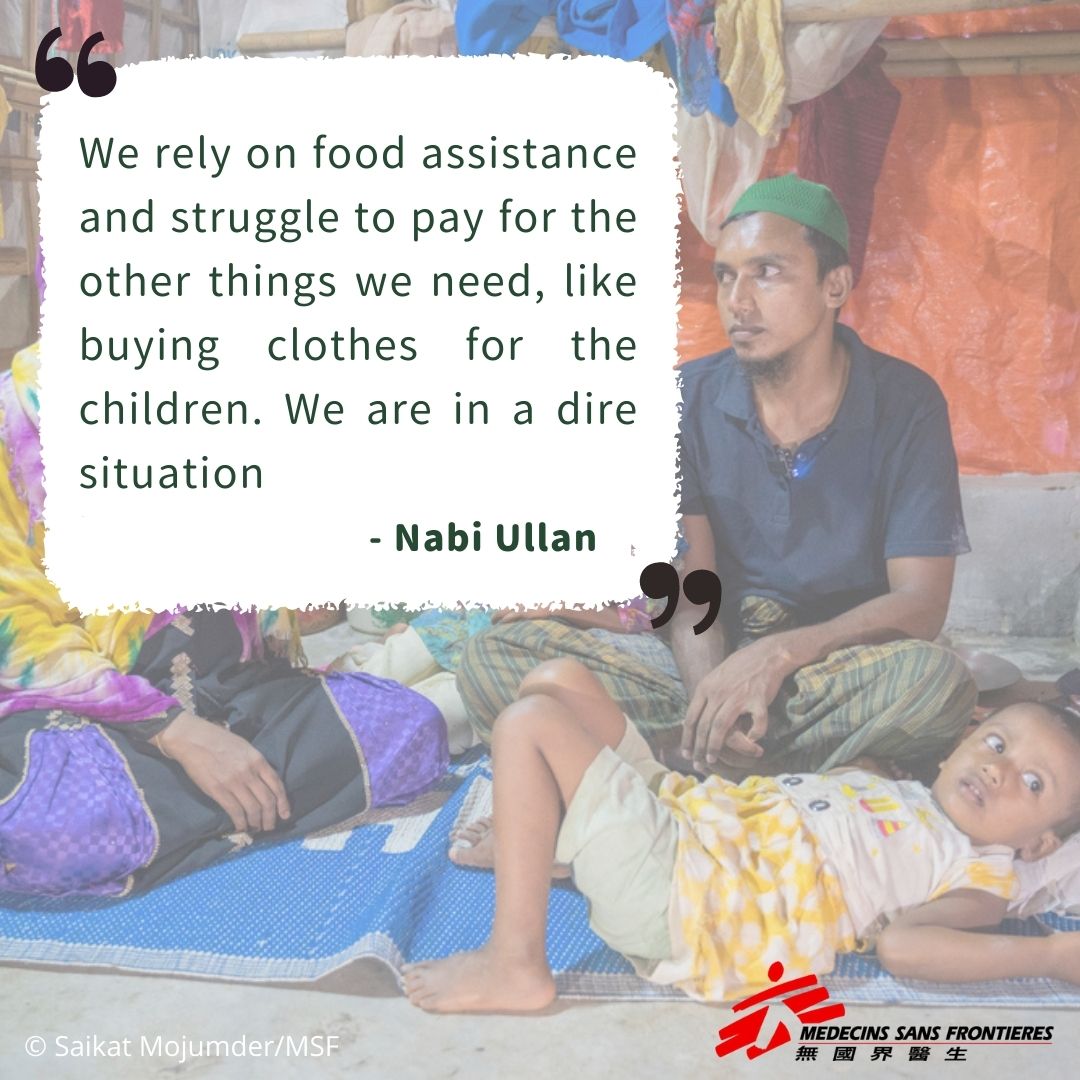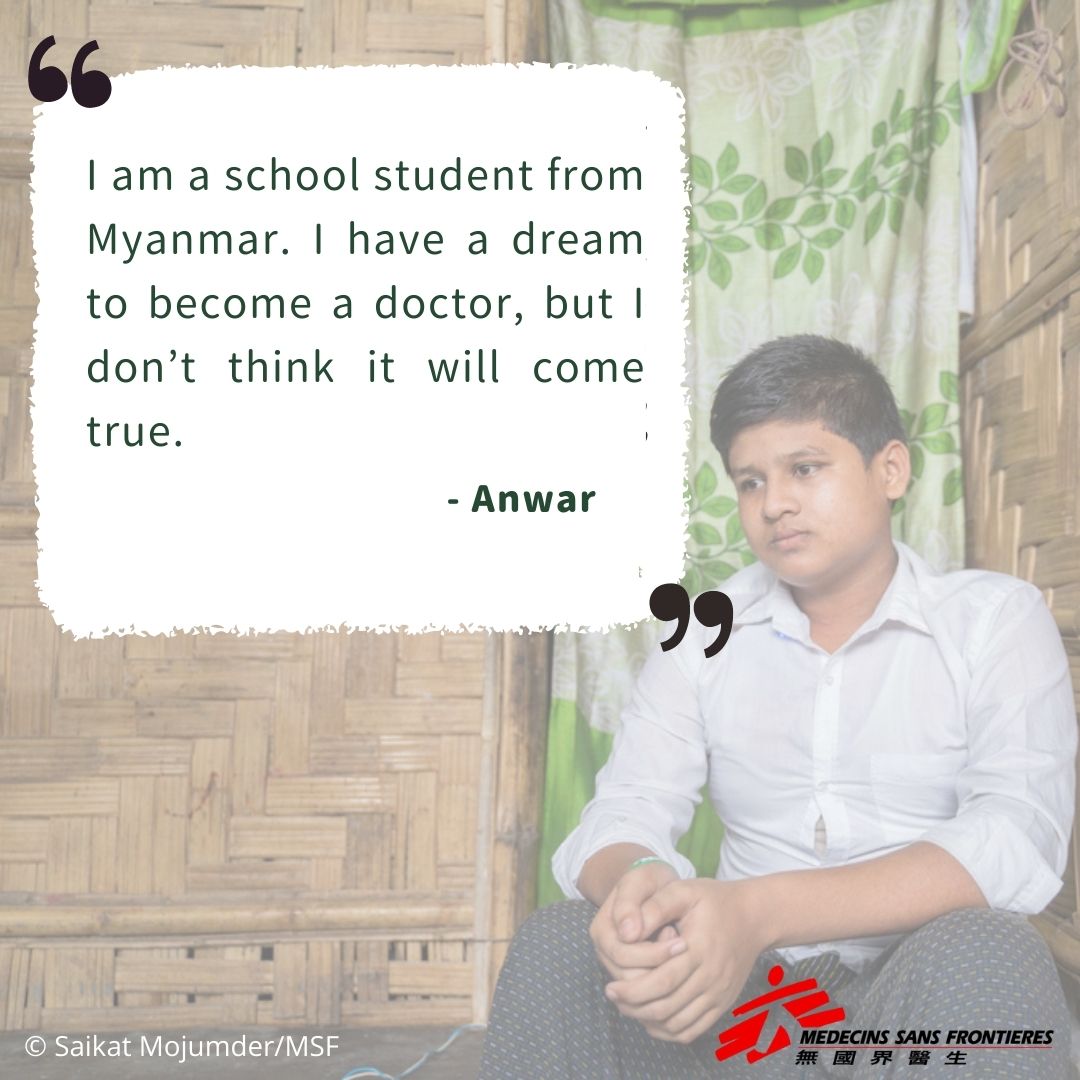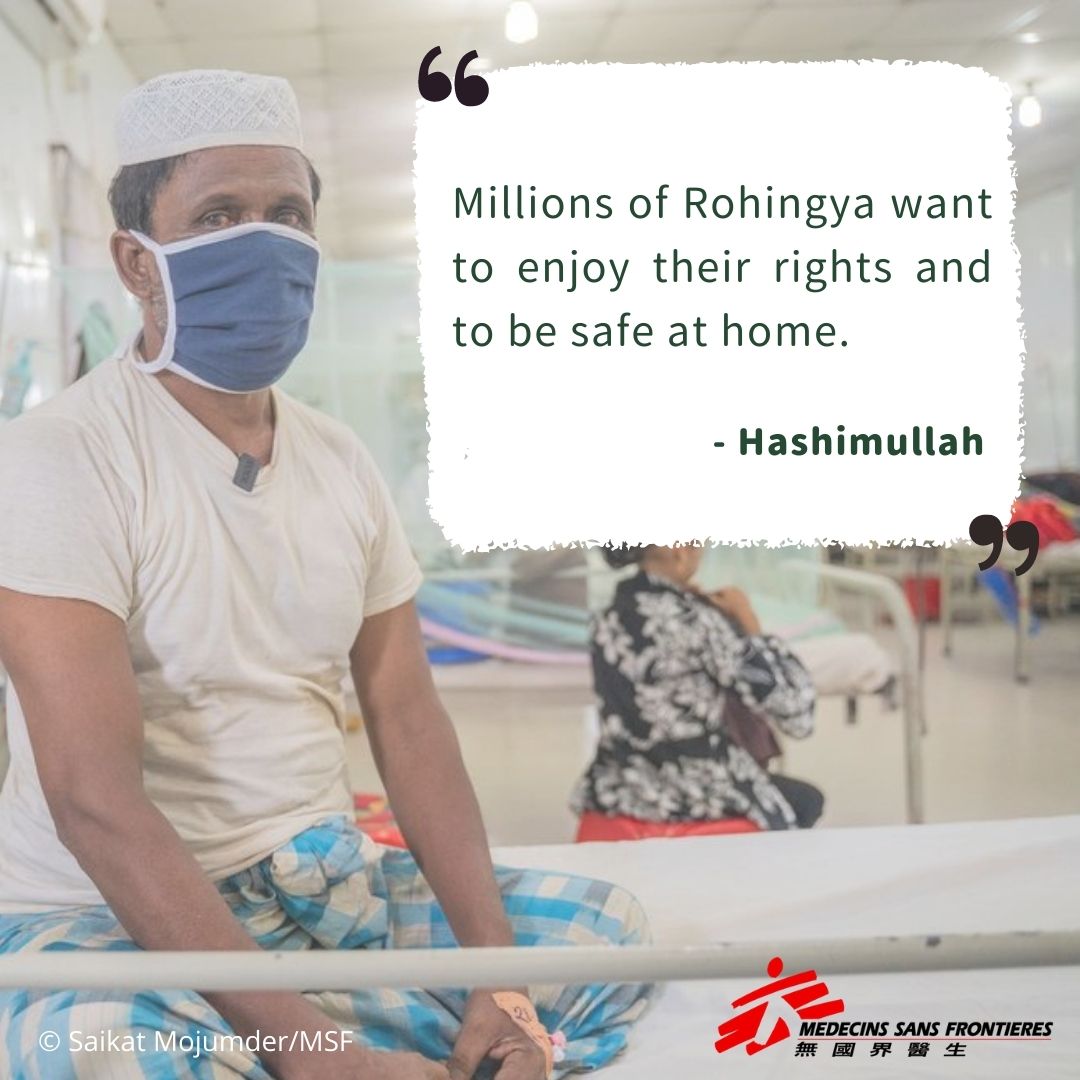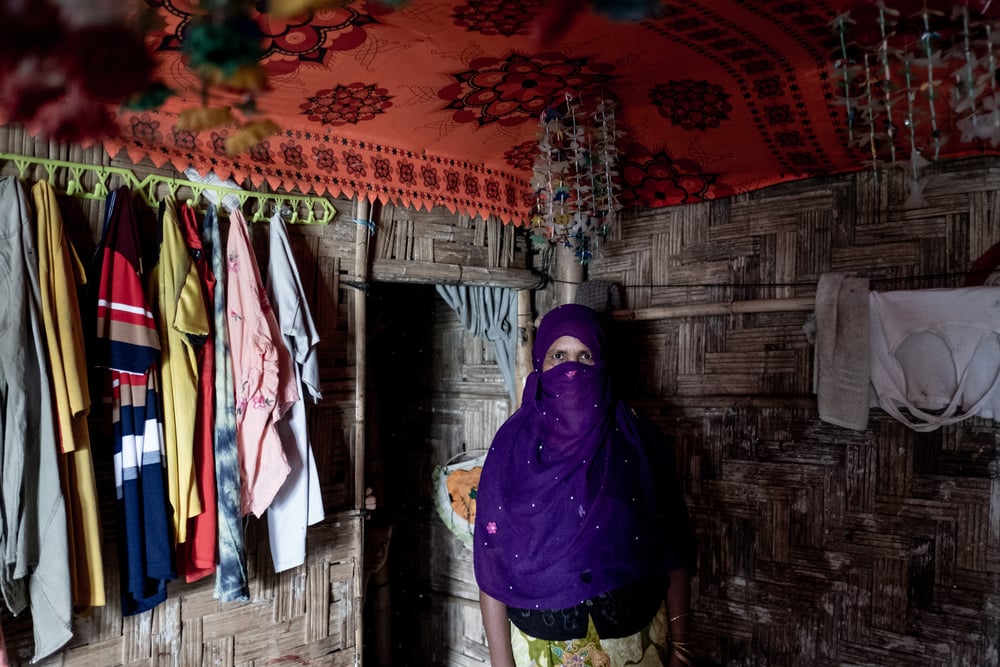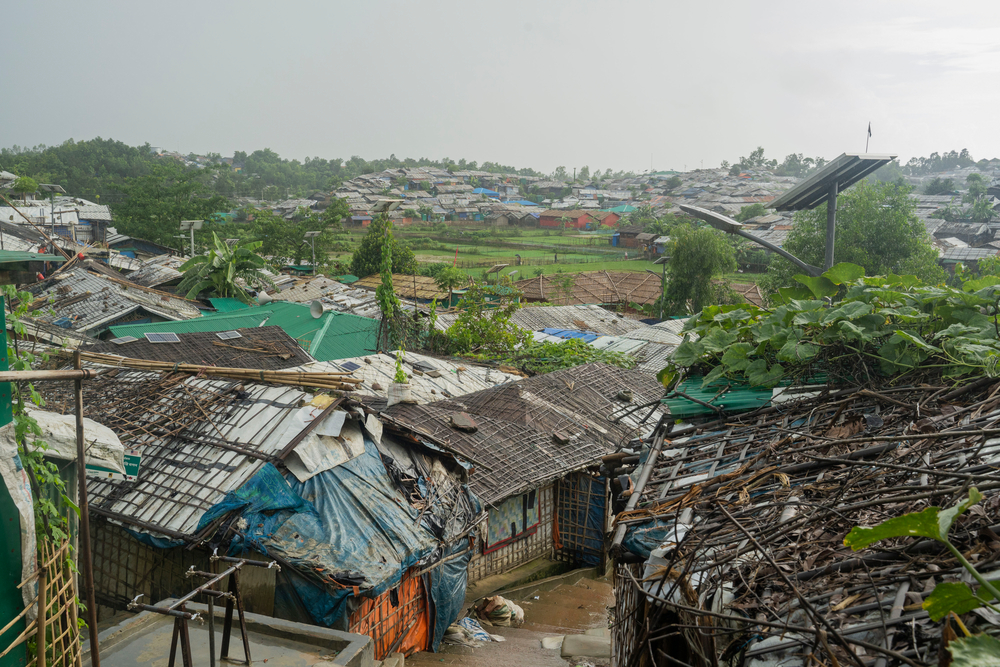Without citizenship. Without refugee status.
Without prospects for the future. They are the Rohingya.
They are longing for the safe return to their homes in Myanmar.
In the past decades, the Rohingya identity issue has led to various humanitarian crises in Myanmar and neighbouring regions.
In August 2017, the largest campaign of targeted violence by the Myanmar military was waged against the Rohingya in Rakhine State, with thousands of people killed, and forcing over 700,000 people to leave Myanmar and cross into neighbouring Bangladesh. It has been five years since this Rohingya crisis, and more than 900,000 Rohingya refugees are still living in the refugee camps in Cox’s Bazar, Bangladesh. Others are currently in Malaysia, Thailand, India and other countries, and some of the Rohingya are internally displaced in Myanmar.
Over the past five years, the Rohingya people have been in distress in the camps. They are still living in temporary bamboo shelters, completely dependent on humanitarian aid, and with very limited access to the education and employment. Rohingya have no citizenship of Myanmar and not officially recognised as refugees, and their future is in limbo.
MSF provides healthcare to Rohingya in Cox’s Bazar, covering a range of inpatient and outpatient services such as emergency and intensive care, paediatrics, obstetrics, sexual and reproductive healthcare. MSF also recently provides treatment for skin infections, water-borne diseases and chronic illnesses like diabetes and high blood pressure. In addition, our teams help Rohingya cope with stress and build resilience by providing mental healthcare in the camps.
Latest News
Our Current Response for the Rohingya in Bangaladesh
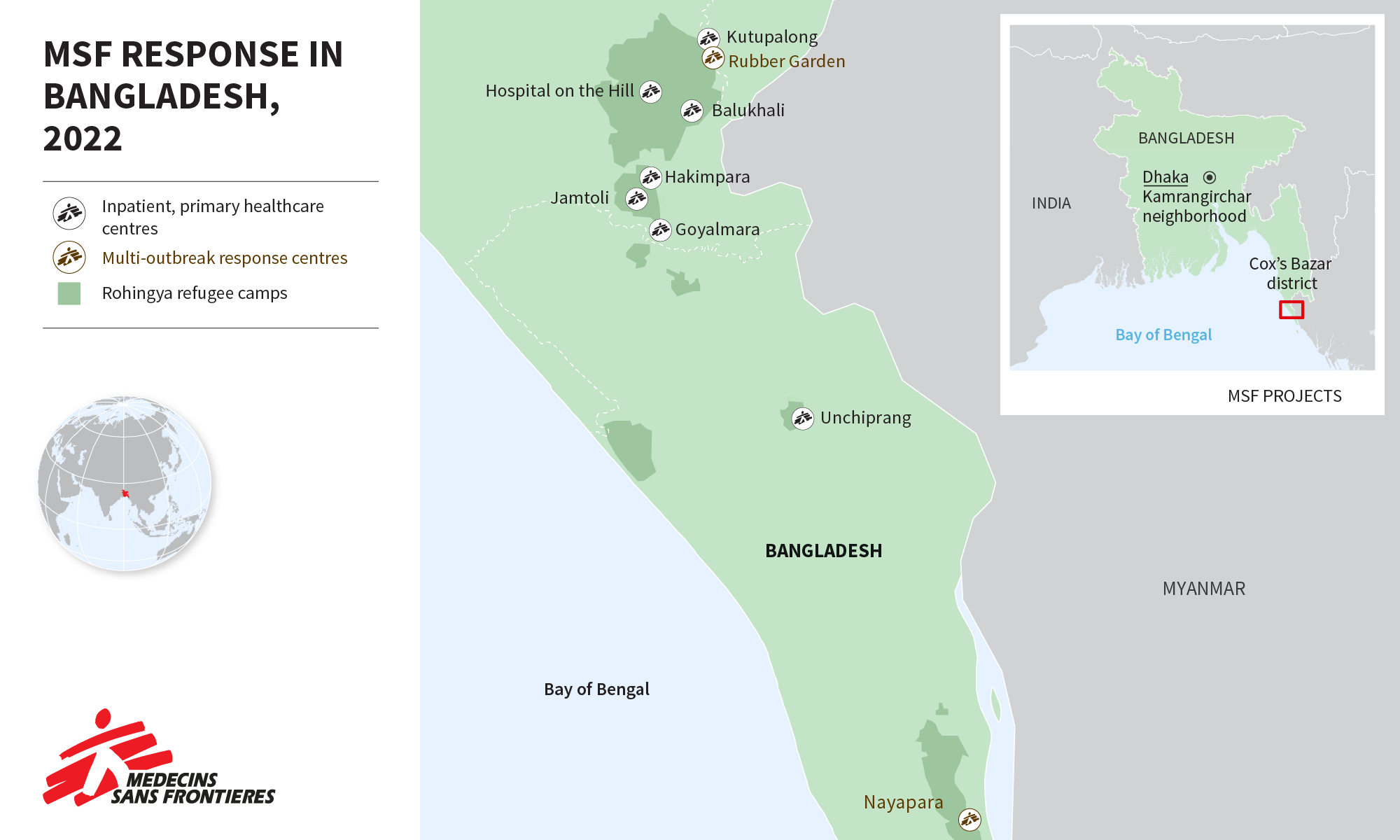
The majority of the Rohingya patients in camps we see, come with respiratory infections, diarrheal diseases and skin infections. These illnesses are mostly related to the poor living conditions.
- Tarikul Islam, MSF’s medical team leader
People's mental health is deteriorating, and there is an increasing sense of hopelessness, stress, anxiety, and depression in the camps.
- Sandra Zanotti, Mental health manager in MSF's Goyalmara hospital
MSF will do everything we can to not only continue to provide the medical services, but really to advocate internationally and regionally to find longer term, durable solutions. This community is living in a state of collective despair. This population cannot be forgotten.
- Paul McPhun, Director of MSF’s Southeast and East Asia Pacific Partnership






